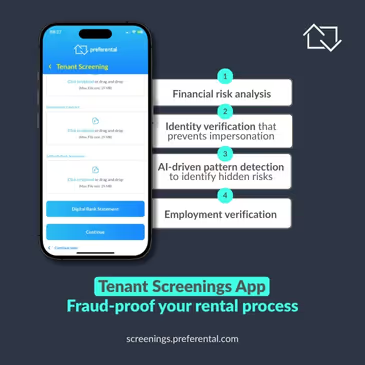SA rental growth cools; Arrears hit record low - PayProp
- Rental growth slowed to 5.0% YoY in Q2 2025; average rent R9,218, still above inflation.
- Arrears at a record low: 16.9% of tenants; arrears tenants owe 73.7% of monthly rent.
- Growth diverges: WC 7.3%, Gauteng 2.4%, KZN 3.6%; Limpopo 12.5%; Mpumalanga flat at 0.1% YoY.
South Africa’s residential rental growth eased to 5.0% year on year in Q2 2025, after a strong start to the year, according to the latest PayProp Rental Index. The average rent rose to R9,218, up R433 from Q2 2024. Crucially, growth remained above inflation, keeping landlords in positive real territory.
At the same time, the share of tenants in arrears fell to 16.9% nationally, the lowest level on record in the Index, signalling resilient tenant finances in professionally managed rentals.
“Rental growth above inflation and arrears at record lows are strong signals that the market remains healthy. Even with signs of cooling, landlords and agents can be confident that tenants are still able to meet their commitments,” says Andre van Rooyen of PayProp.
Momentum cooled into quarter-end
Average YoY rental growth slowed from 5.2% in April to 4.5% in June, the lowest monthly print since May 2024. One driver: post-pandemic “catch-up” escalations have largely washed through after four consecutive quarters of real-terms growth, reducing the urgency to push rents higher.
Big markets softened; smaller provinces surged
- Western Cape: still strong at 7.3%, but down from 9.6% in Q1.
These three large markets pulled the national average lower despite strength elsewhere. - Gauteng: up 2.4% YoY (sluggish).
- KwaZulu-Natal: up 3.6%.
Smaller provinces outperformed
- Limpopo: led the country for a third straight quarter at 12.5% YoY, lifting average rent to R9,145, now just R127 behind KZN. If trends persist, Limpopo could overtake KZN and even Gauteng on average rent.
- Northern Cape: average rent breached R10,000 for the first time on 7.3% growth, cementing its place as second-most expensive after the Western Cape.
- Eastern Cape: continued recovery at 5.7%.
- Free State: a healthy 7.7%, despite a small QoQ dip in rand terms.
- Mpumalanga: weakest market at 0.1% YoY; below 1% in three of the past four quarters.
Arrears at historic lows
- Tenants in arrears: 16.9% (record low).
- Amount owed by arrears tenants: 73.7% of monthly rent, improving on the previous record low set in Q3 2023.
Resilience has held despite higher fuel and electricity costs earlier this year, aided by low overall inflation and moderating rental escalations. One risk to watch: the average rental applicant now spends 52.1% of income on debt repayments, potentially weakening future shock-absorption.
What it means (no sugar-coating)
- Landlords/Agents: With arrears at record lows, cashflows are solid, but growth is normalising. In slower nodes, price to reduce vacancy, not just to defend headline escalations.
- Developers/Investors: Regional dispersion is real. WC/Northern Cape remain price leaders; Limpopo is the outlier on growth; Mpumalanga needs caution.
- Next 6 - 12 months: Base case is gradual cooling in national growth, offset by micro-market pockets of tight stock and strong tenant quality. Vet harder where demand is hot; avoid over-escalating where incomes are stretched.
“Record-low arrears on easing growth point to a rental market on solid ground,” van Rooyen notes. “Use local data to set escalations, manage risk, and capture demand where it’s genuine.”
About the PayProp Rental Index
The PayProp Rental Index is a quarterly guide to South Africa’s residential rental market, compiled from live transactional data processed by PayProp, the country’s largest processor of residential rental transactions.
- Download the full Index: https://payprop.com/za/rental-index
- State of the Rental Industry report: https://www.payprop.com/za/state-of-the-rental-industry-survey
- Masterclass (on-demand): https://www.payprop.com/za/webinars/placing-quality-tenants-using-data-to-reduce-risk-and-boost-rental-success













.avif)


.avif)

.avif)




.svg)





























.avif)
